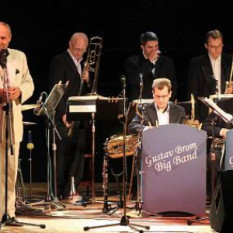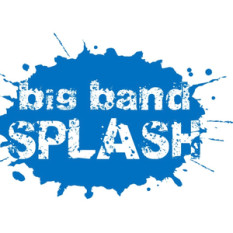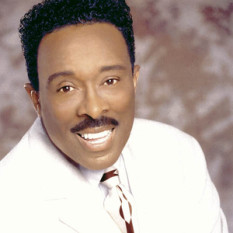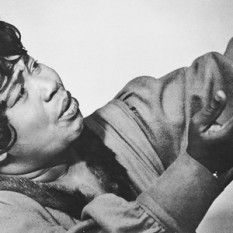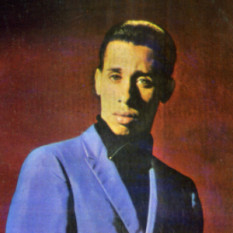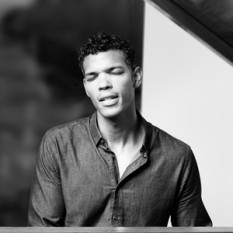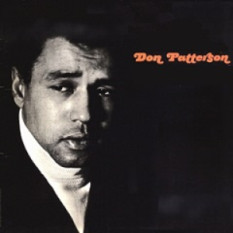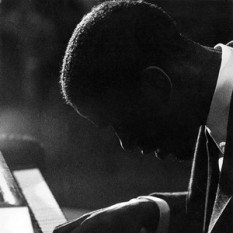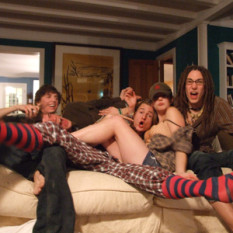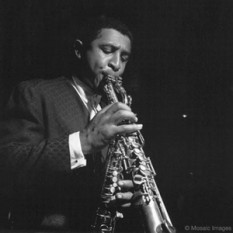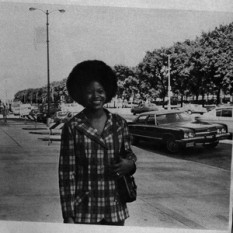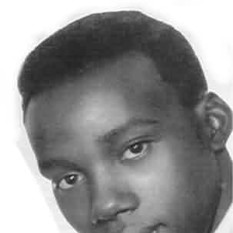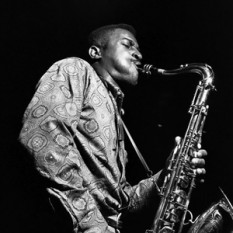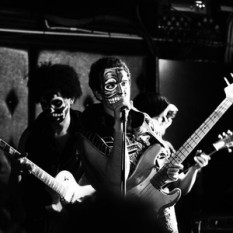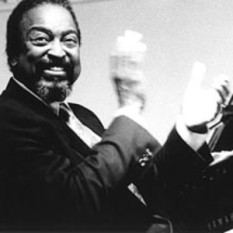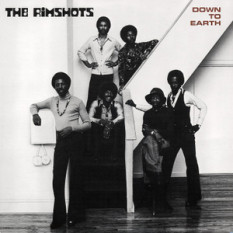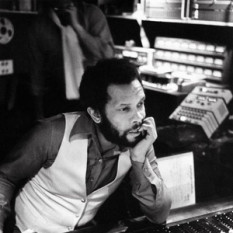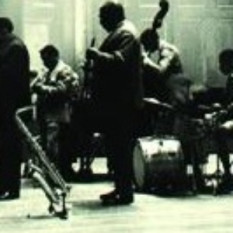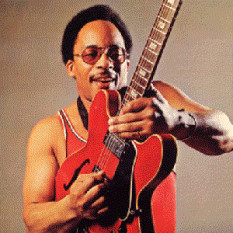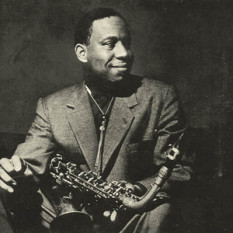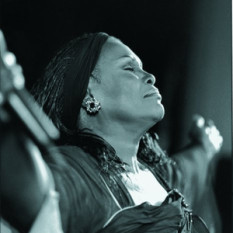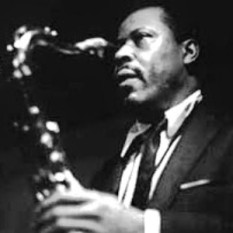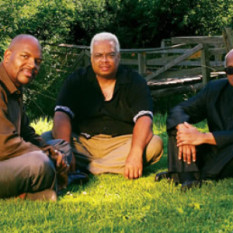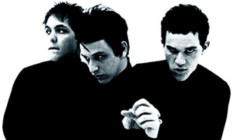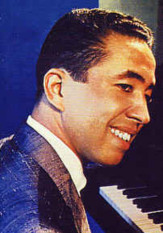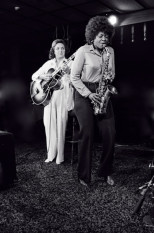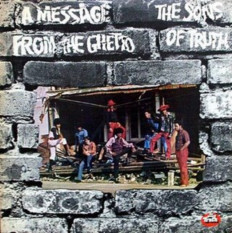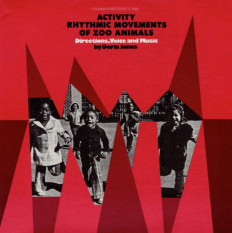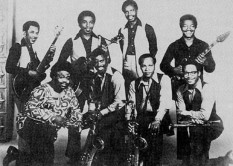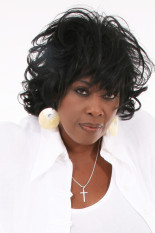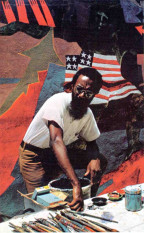Soul jazz was a development of hard bop which incorporated strong influences from blues, gospel and rhythm and blues in music for small groups, often the organ trio which featured the Hammond organ. Important soul jazz organists included Bill Doggett, Charles Earland, Richard Holmes, Les McCann, Jack McDuff, Jimmy McGriff, Lonnie Smith, Big John Patton, Don Patterson, Shirley Scott, Hank Marr, Reuben Wilson, Jimmy Smith and Johnny Hammond Smith.
Tenor saxophone and guitar were also important in soul jazz; soul jazz tenors include Gene Ammons, Eddie Davis, Eddie Harris, Houston Person, and Stanley Turrentine; guitarists include Grant Green, Kenny Burrell and George Benson. Other important contributors were Alto saxophonists Lou Donaldson and Hank Crawford, trumpeter Blue Mitchell, and drummer Idris Muhammad (ne Leo Morris). Unlike hard bop, soul jazz generally emphasized repetitive grooves, melodies, and melodic hooks. The kinds of rhythms used tend to vary as well. Soul jazz tends to use an 8th note groove (similar to what developed in rock and R&B music), while hard bop generally uses a shuffle rhythm, although there are soul jazz songs with shuffle rhythms and hard bop songs with steady 8th note grooves (although the latter are arguably definable as both hard bop and soul jazz [e.g., Lee Morgan's The Sidewinder]).
Soul jazz was developed in the late 1950s, reaching public awareness with the release of The Cannonball Adderley Quintet in San Francisco, and was perhaps most popular in the mid-to-late 1960s, though many soul jazz performers, and elements of the music, remain popular. Although the term "soul jazz" contains the word "soul," soul jazz is only a distant cousin to soul music, with its origins in gospel and R&B rather than jazz.
Some well-known soul jazz recordings are Lee Morgan's The Sidewinder (1963), Herbie Hancock's Cantaloupe Island (1964) (which was popularized further when sampled by US3 on Cantaloop), Horace Silver's Song for My Father (1964) (quoted by Steely Dan in their Rikki Don't Lose That Number), Ramsey Lewis' The In Crowd (1965), and Cannonball Adderley's Mercy, Mercy, Mercy (1966) (also popularized further when covered as a top 40 pop song by The Buckinghams).
The Soul Jazz vernacular was a major contributor to the evolution of Jazz Funk in the 1970s. Many of the musicians performing soul jazz in the 1960's went on to performing jazz funk in the 1970's (e.g., Grant Green, Jimmy McGriff, Herbie Hancock, etc.). One way of looking at soul jazz is as the bridge between hard bop and jazz funk. Soul jazz along with jazz-funk became an important influence on acid jazz. .

